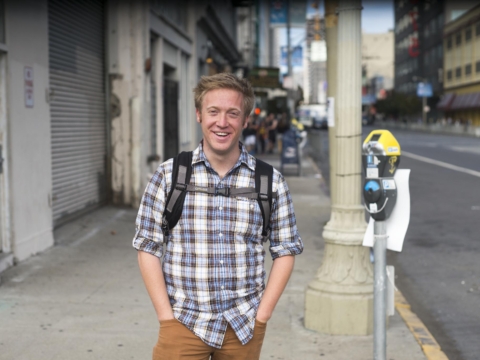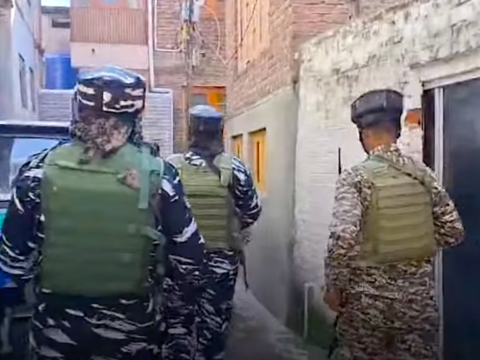WASHINGTON, DC (Diya TV) — A new report by the Bipartisan Policy Center reveals that addressing the current green card backlog in the United States could result in a staggering $3.9 trillion in GDP gains over the next decade. The report sheds light on the economic potential of clearing employment and family-based green card backlogs, emphasizing the urgent need for policy changes to enhance visa processing efficiency and expand green card limits.
The report highlights the human and economic costs associated with the current backlogs, with millions of individuals enduring lengthy waits for lawful permanent resident status. Jack Malde, Senior Policy Analyst at BPC, emphasizes the significance of increasing green card limits and visa processing resources to fill workforce gaps in critical sectors such as healthcare, ultimately strengthening the U.S. economy, international competitiveness, and national security.
Approximately 7.6 million people are stuck waiting for permanent residency, facing restrictions on job opportunities. With an aging population and declining birth rates, increased immigration is crucial for maintaining an adequate supply of workers.
The report underscores the need for legislative changes to address cap-based backlogs, proposing alterations to green card limits and the elimination of per-country caps. Proposals for state-based visa programs are also suggested to distribute economic gains more evenly.
Despite calls for action, the report highlights that backlogs continue to grow, emphasizing the untapped potential of a readily available supply of talent. The economic benefits of clearing backlogs extend beyond GDP gains, positively impacting job opportunities, productivity, and national security.
In related news, the State Department’s plan to launch a domestic visa renewal pilot for H-1B specialty occupation workers could alleviate the strain on consular offices and reduce wait times for travel to the U.S. The initial rollout will be limited to 20,000 participants, offering a convenient alternative to the traditional visa renewal process that requires travel outside the U.S. The pilot program aligns with ongoing efforts to streamline immigration processes and improve efficiency for both visa holders and consular staff.


